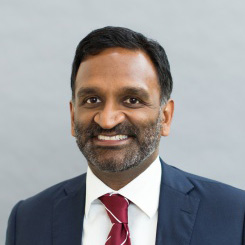Fr. Kevin’s talk raised a number of questions about the status of sports in our society. Here are some of them:
- Have we lost a healthy sense of leisure and play, to the point where sport and entertainment have become similar to a religious ritual or duty?
- Is the desire to win at all costs inherent to sports? What’s the point of playing a game if not to win?
- Why don’t religious leaders criticize athletes who cheat, such as flopping Italian soccer players? Are such standards culturally conditioned?
- Are there different virtues associated with different sports, depending on the rules and culture of the particular sport?
- Do big business and corporate sponsorships entice athletes to cheat?
Obviously, there were not many clear answers to these questions, but Fr. Kevin did his best to encourage an healthy appreciation of sports, and reminded us that while St. Paul most probably was not an athlete himself, he definitely knew that living with, in and for Christ is the greatest prize of all.
I think most thinking sports fans are aware of the ambiguities of their passion and try to keep it in check. But at the same time, the desire to train, compete, and win helps us recognize that excellence/virtue actually exist. This recognition is essential to fighting the good fight against egalitarian complacency and mediocrity; it is also essential to the entrepreneurial vocation.

